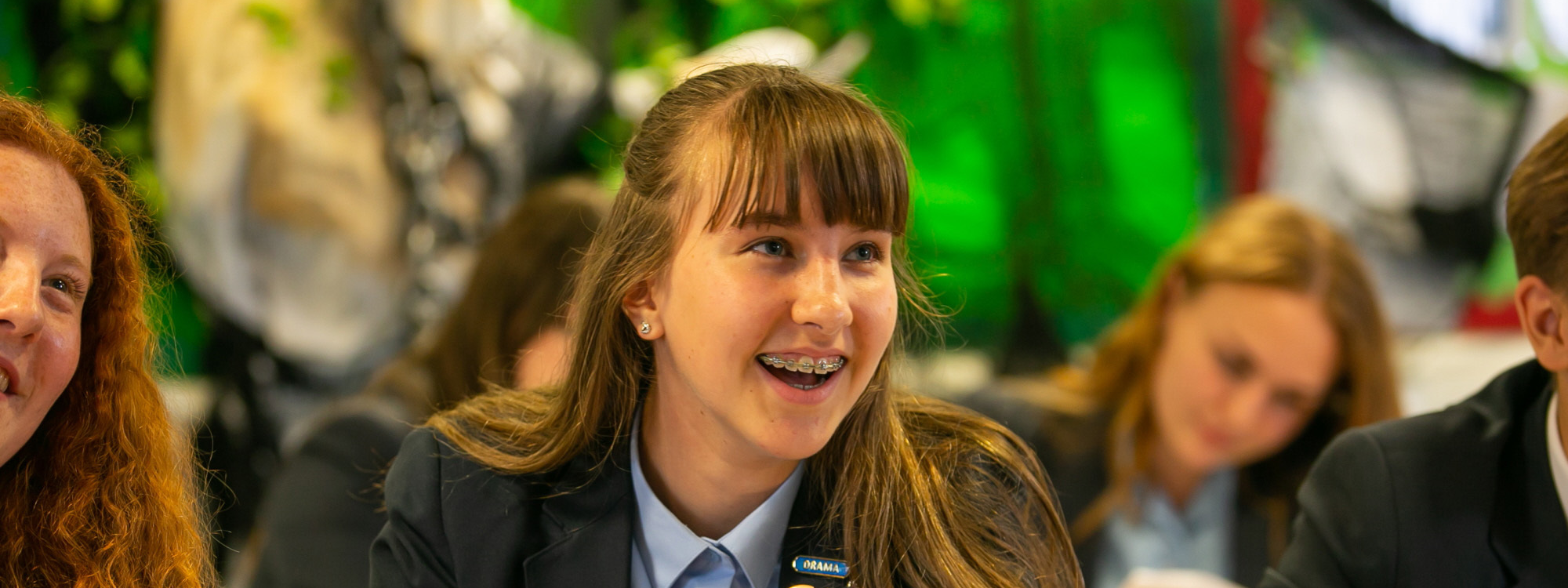Psychology
Back to Subjects MenuWhat is it to be a Psychologist at BCHS?
Being a Psychologist is about being inquisitive and always striving to know more about human behaviour and the why we all do the things we do. You need to be able to understand how research is created and how it contributes to theory and appreciate the relevance of these theories to everyday life and behaviours. You will develop skills such as analysis, interpretation, evaluation and much more. You will eventually be able to carry out your own research into behaviour and use maths to explain your findings and become a true Psychologist!
In KS5 it is all about applying theories and research to everyday life and explaining simple behaviours using these theories. At KS5 you will gain extensive knowledge into human behaviour and evaluate it using extensive arguments relating to evidence, methodology and issues within a Psychological context. You will develop skills of independence, through study and research as well as gain skills in interpretation of data and statistical analysis to help draw conclusions from research and explain its significance to the existing body of knowledge.
KS4 Overview
Year 9 overview
- Introduction to Psychology
- Social Influence
- Memory
- Perception
- Research Methods
Year 10 overview
- Research Methods
- Psychological Problems
- Language, thought and communication
- Development
Year 11 overview
- The Brain and Neuropsychology
- Research Methods
Subject Overview - Sixth Form
Year 12 overview
- Approaches
- Research Methods
- Psychopathology
- Memory
- Social Influence
- Attachment
Year 13 overview
- Issues and debates
- Biopsychology
- Cognition and Development
- Schizophrenia
- Forensic Psychology
Enrichment
Careers lessons
Independent research projects
Links to Science through practicals i.e. brain dissections
Independent research projects
Psychology conference
Trips to Bethlem Museum
Links to Science i.e. brain dissections
How do we contribute to PHSEE, British Values and SMSC?
PHSEE links: during year 10 the Psychological Problems unit touches on issues of mental health and how to stop symptoms of mental health disorders such as depression and how to treat and find help for such issues. We also explore the changing nature and mental health and the lessening stigma around it. In year 9 students also study how obedience to authority can lead to destructive power that may escalate into terrorism or extremism and how we can resist obedience to such authority. In year 10 Students also explore early brain development and effects of smoking on development and look at how self-esteem and self-efficacy can affect learning and development in children and adults.
In year 12 students will learn about the characteristics, explanations and treatments for a range of mental health disorders including depression, OCD and phobia, which will give them an understanding into what causes such illness, how to recognise such issues and where to access help from. They also look into the role of obedience in society and cover the roots of extremism in regards to destructive authority figures and how to resist this type of pressure. In attachment students look at the importance of early attachment on later life and how relationships may be affected by this.
In year 13, students learn about how Schizophrenia is caused and treated, linking back to their first year 12 unit. They also consider racism and biases in research in Psychology and how it can be stopped. Finally, they will learn about causes of criminal behaviour and debate whether it is ethical to have just justifications for crime and the potential implications.
What careers does Psychology support?
- Forensic Psychology- provide expert advice on criminal and civil matters to mental health reviews, prisons, court cases etc. as well as profiling criminals and analyse crimes.
- Clinical Psychology- assess, intervene and help patients management mental health problems.
- Sports Psychology- help athletes and coaches with psychological preparations for injuries, stress, demands and losing.
- Occupational Psychology- enhance performance at work in training to increase organisation effectiveness and improve job satisfaction.
- Educational Psychology- assess school outcomes, intervene with potential strategies and inform policy and planning.
- Teaching and research Psychology- teach psychology and research new topic fields to embed your knowledge of research into Psychology generally.




